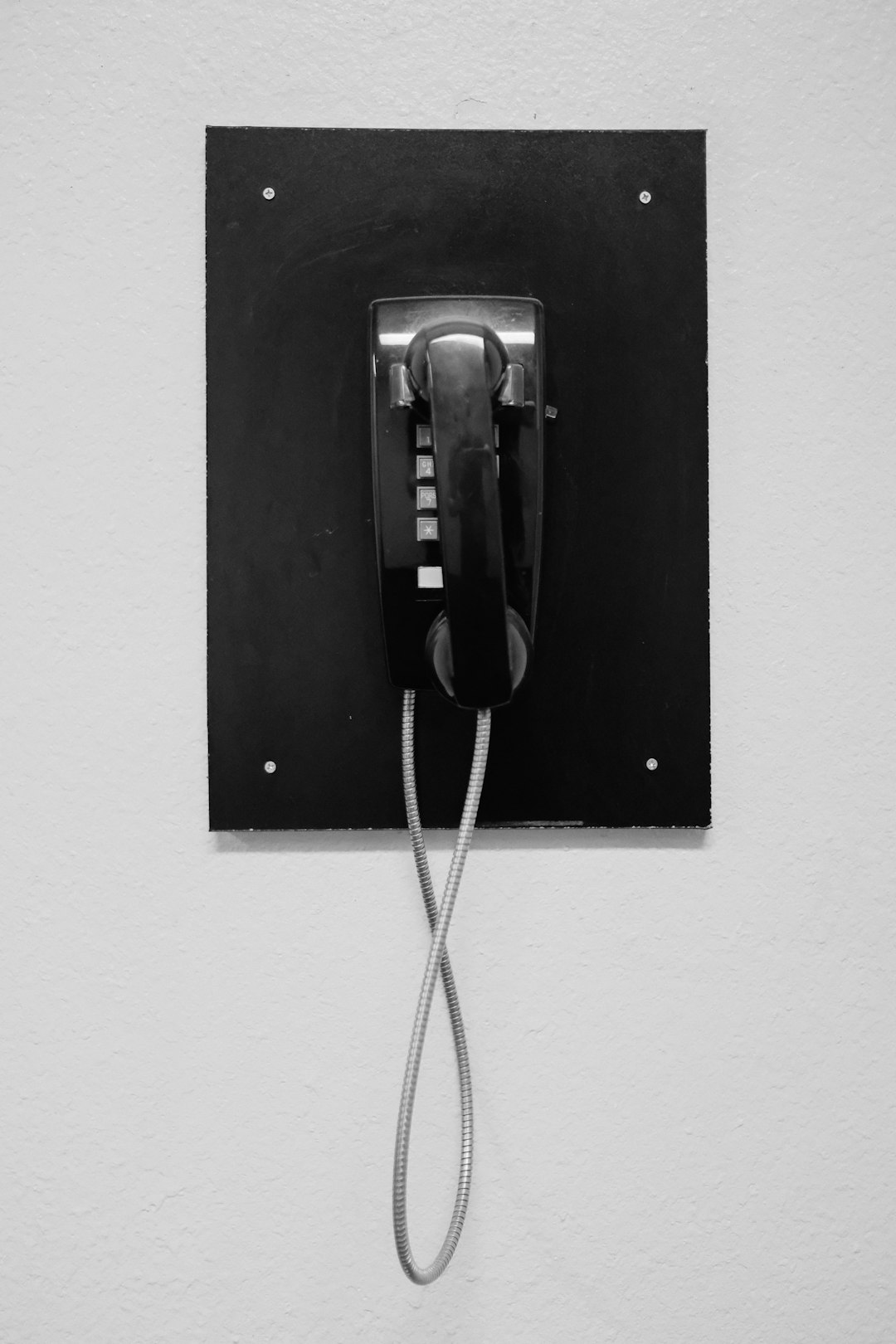Wisconsin residents are protected from abusive debt collection practices by state laws like the Wisconsin Debt Collection Act, which guarantees fairness, transparency, and specific consumer rights. To avoid scams and deceptive tactics, never share personal information over the phone unless you initiated the call, verify debts with original creditors, and be wary of immediate payment demands or threats. Legitimate collectors will follow Wisconsin laws. Document all communications and consider legal options or filing a complaint with the Wisconsin Department of Finance if unethical practices are suspected. Avoid calling law firms directly in Wisconsin; prioritize documenting evidence and reporting to authorities instead.
In Wisconsin, understanding your rights against abusive debt collection practices is crucial. Many residents fall victim to common scams, such as false threats, deceptive communication, and unfair charges, often leaving them overwhelmed and stressed. This article equips Wisconsinites with the knowledge to identify and avoid these scams. We explore your legal protections, common tactics used by debt collectors, and detailed steps to take if you’ve been targeted, emphasizing self-defense against unethical practices without involving law firms.
Understanding Your Rights as a Wisconsin Resident: Know the Laws Protecting You from Abusive Debt Collection Practices

As a resident of Wisconsin, it’s crucial to understand your rights when dealing with debt collectors. State laws have been implemented to protect consumers from abusive and aggressive collection practices. In Wisconsin, debt collectors must adhere to strict regulations, ensuring fairness and transparency in their interactions with debtors. One significant law is the Wisconsin Debt Collection Act, which outlines the permitted and prohibited actions of collection agencies.
This act grants you several protections, including the right to request validation of the debt and to be free from harassment or threats. It’s illegal for debt collectors to make false statements, use abusive language, or threaten legal action without intent to follow through. Moreover, they cannot contact you at inappropriate times, such as before 8 a.m. or after 9 p.m., unless you have agreed otherwise. Knowing these rights empowers you to navigate the process confidently and avoid falling victim to scams.
Common Scams and Tactics Used by Debt Collectors: How to Spot and Avoid Them

Debt collectors in Wisconsin, like elsewhere, often employ various scams and deceptive tactics to pressure individuals into paying off their debts. Staying informed is your best defense. Common scams include impersonating government agencies or legal entities, such as claiming to be from the IRS or a court, demanding immediate payment with threat of arrest or severe consequences. They might also use aggressive language, make false promises about debt relief, or threaten to take legal action without intention to follow through.
To avoid these scams, never share personal or financial information over the phone unless you initiated the call and are certain of the collector’s legitimacy. Be wary of any requests for immediate payment, especially if accompanied by threats. Instead, verify the debt and the collector’s identity by contacting the original creditor directly. Remember, legitimate collectors will provide proof of their claim and are required to follow specific rules set by Wisconsin law, including being respectful and providing adequate time for you to respond. Consider consulting with legal professionals or non-profit credit counseling agencies in Wisconsin if you have questions about your rights as a debtor.
What to Do If You've Been Targeted: Legal Recourses and Steps to Take When Dealing with Unethical Debt Collectors

What to Do If You’ve Been Targeted:
If you suspect that you’re being targeted by unethical debt collectors in Wisconsin, it’s crucial to act swiftly. The first step is to gather all relevant information about the alleged debt and the collector’s communication with you. Keep a record of every interaction, including dates, times, and any threats or aggressive behavior. Documenting these details will be invaluable if you decide to take legal action.
Next, consider your options for legal recourse. Wisconsin has strict regulations regarding debt collection practices. You have the right to challenge the validity of the debt and request verification from the collector. If the debt is invalid or you cannot verify it, collectors are prohibited from contacting you again. Additionally, if a collector harasses or threatens you, you can file a complaint with the Wisconsin Department of Finance, which oversees debt collection practices within the state. Remember, do not call law firms in Wisconsin directly unless advised by a reputable source; instead, focus on documenting and informing the relevant authorities.






